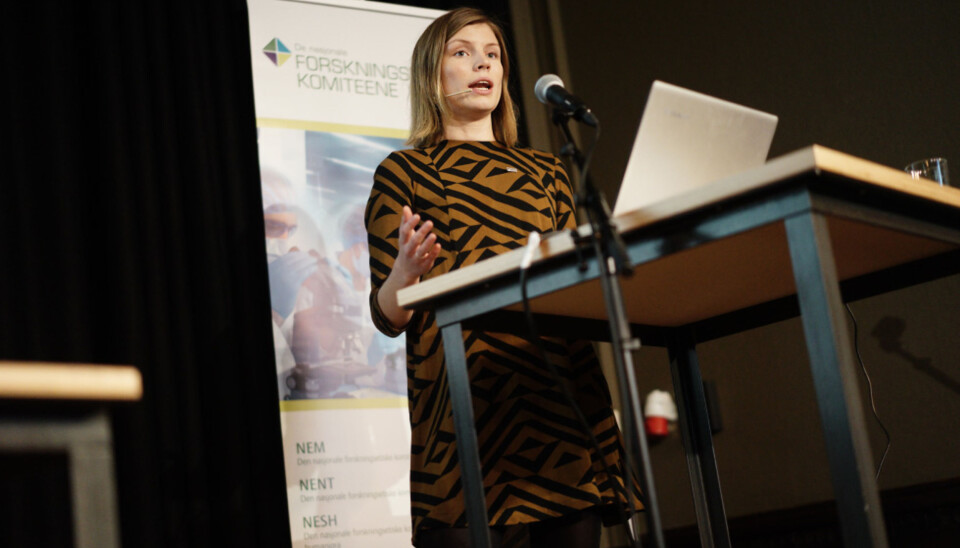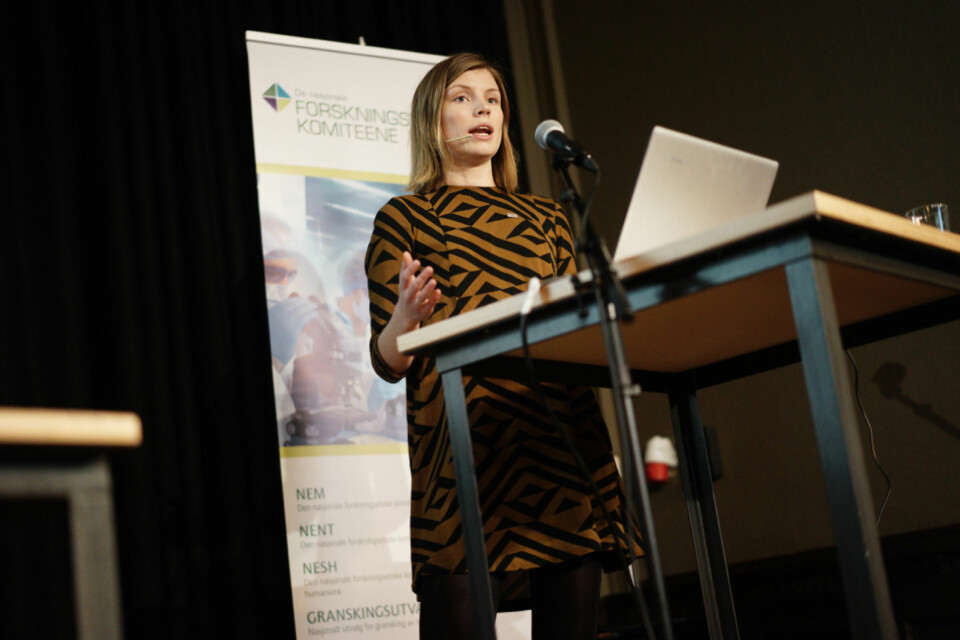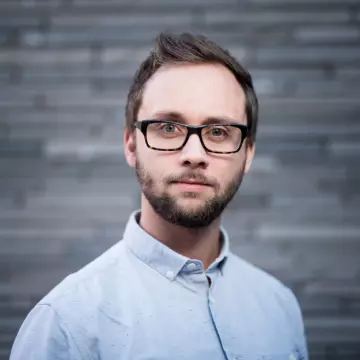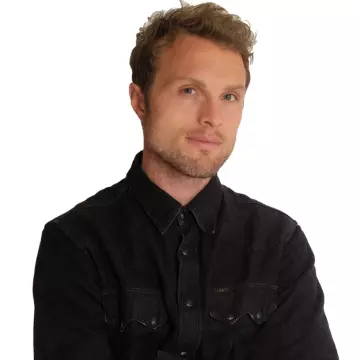
Attacks on academia escalating
New York University based Scholars at Risk is claiming that the crisis of attacks on higher education communities has escalated the past year. — Disconcerting, says SAIH-president.
OBS! Denne artikkelen er mer enn tre år gammel, og kan inneholde utdatert informasjon.
Scholars at Risk has released «Free to Think 2016», a report analyzing more than 150 reported attacks on higher education communities in 35 countries, from May 1, 2015 to September 1, 2016.
— In the last year we have seen a broadening crisis of attacks on higher education communities, says Robert Quinn, Executive Director of Scholars at Risk, in a press release.
— Not only threatening the safety and well-being of scholars, students, and university personnel, but ultimately shrinking the space for all of us to think, question, and share ideas, he continues.
The second report
The organization is U.S.-based, out of New York University, and published «Free to Think 2016» today.
In the last year we have seen a broadening crisis of attacks on higher education
communities.
Both authoritarian regimes, as well as non-state groups, attack students and academics.
The report is the second installment in a series produced by their Academic Freedom Monitoring Project.
Executive Director Quinn says that «Free to Think 2016» and the Monitoring Project, more generally, shine a spotlight on this crisis:
— They offer leverage to demand relief for threatened individuals and more meaningful efforts by states and civil society to ensure the security and well-being of the university space.
Just the tip of the iceberg
— This year they added a chapter on protecting students, says Inga Marie Nymo Riseth, president of the Norwegian Students’ and Academics’ International Assistance Fund (SAIH).

— The new chapter highlights the rights of students to be organized, and for students to protest peacefully, she says.
Riseth is, however, concerned. She sees the number of attacks increasing globally, and explains that the numbers are higher than Scholars at Risk’s resources are able to cover:
— We know this is the tip of the iceberg.
She says it is good that the report shows how widespread the attacks are, and that there are several types of attacks.
— Both authoritarian regimes, as well as non-state groups attack students and academics. And it is especially disconcerting as they are so close to Norway, for instance the attacks in Turkey, says Riseth.
An important network
— And things have gotten worse?
— That is what Scholars at Risk is arguing, that there are more and more attacks, says Riseth.
Scholars at Risk and projects like the Academic Freedom Monitoring Project are important, argues the SAIH president, as data is needed to advocate change. She points to their reporting system, through which SAIH reported three of the attacks in the report, and the application of the data through for example the UN Universal Periodic Review:
— Through this UN mechanism, the human rights situation of all UN member states is reviewed every 4th year, and now Scholars at Risk can go there and confront the states that are up to review. This data is important because it can feed into advocacy work, says Riseth.
Norway can do more
Riseth says it is very important that Norwegian higher education institutions contribute.
— Scholars can apply to Scholars at Risk if they are at risk, and get sanctuary on universities in other countries, through the network. It is important that Norwegian universities offer such positions because Scholars at Risk is getting an increasing number of applications, says the president of SAIH.
— What more can Norwegian institutions do?
— First of all, they can offer more safe haven-positions for scholars. They can also engage other universities through their partnerships, and talk about the importance of academic freedom, she says, and continue:
— Sometimes it is even the university leaderships that is threatening the academic freedom, so Norwegian institutions need to talk more about the importance of academic freedom and freedom of speech with their partner institutions in other countries.







Logg inn med en Google-konto, eller ved å opprette en Commento-konto gjennom å trykke på Login under. (Det kan være behov for å oppdatere siden når man logger inn første gang)
Vi modererer debatten i etterkant og alle innlegg må signeres med fullt navn. Se Khronos debattregler her. God debatt!